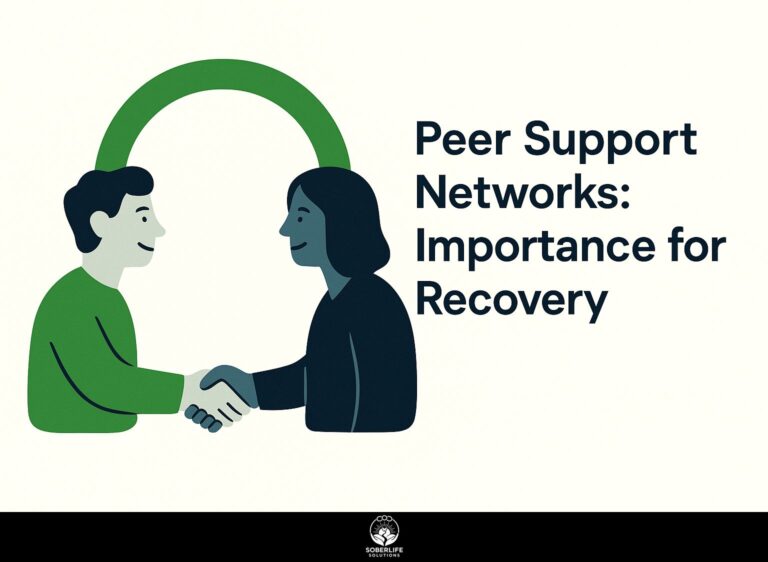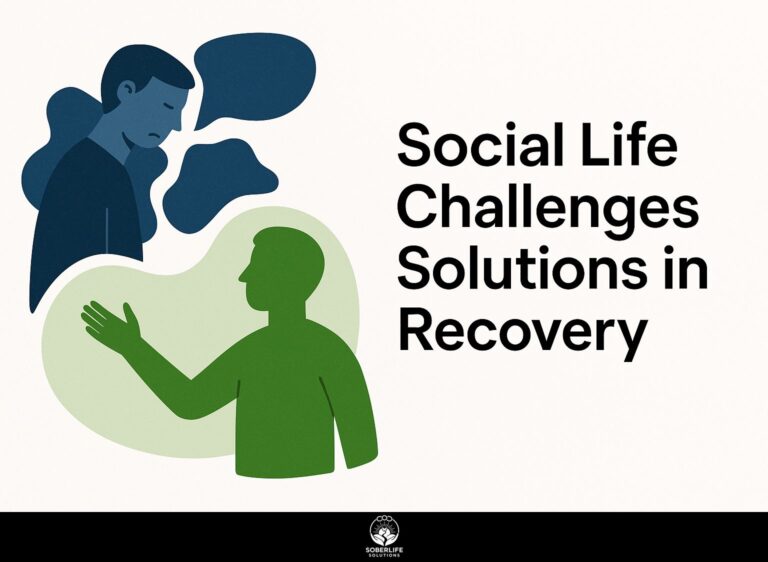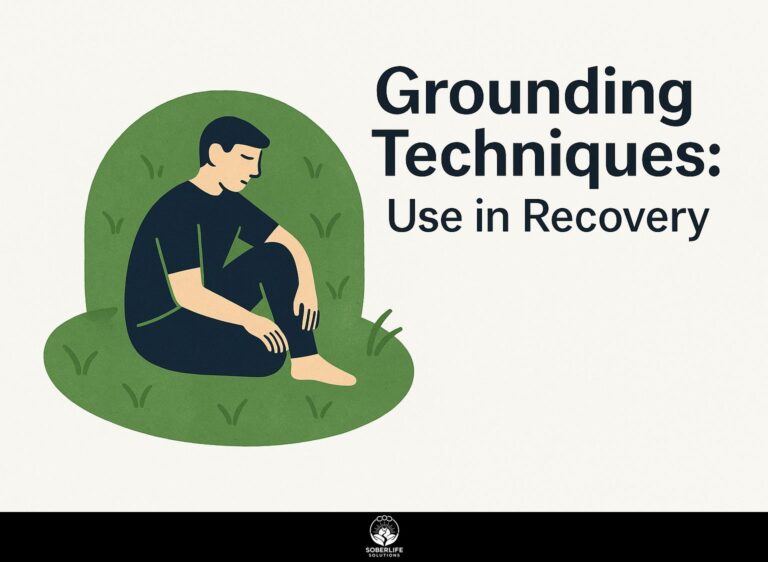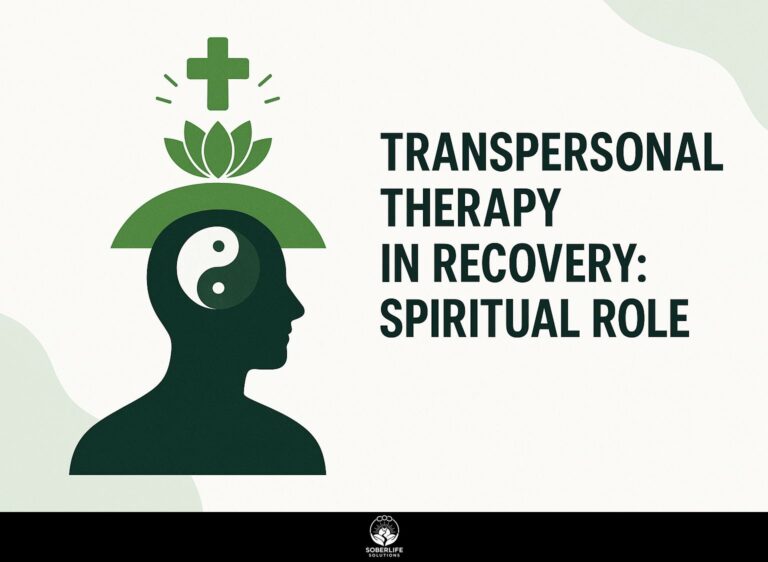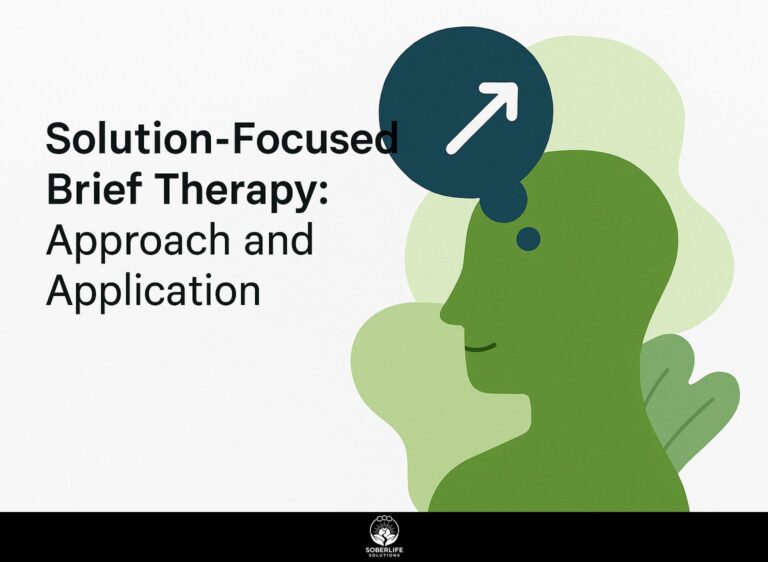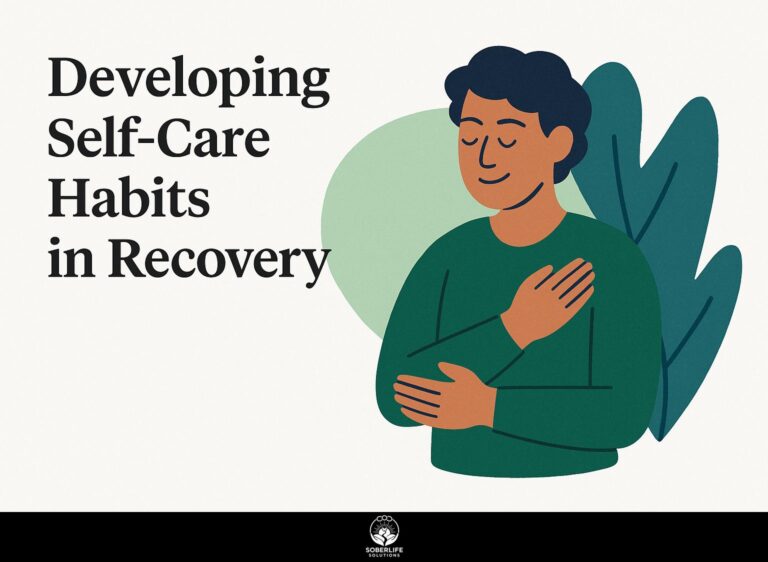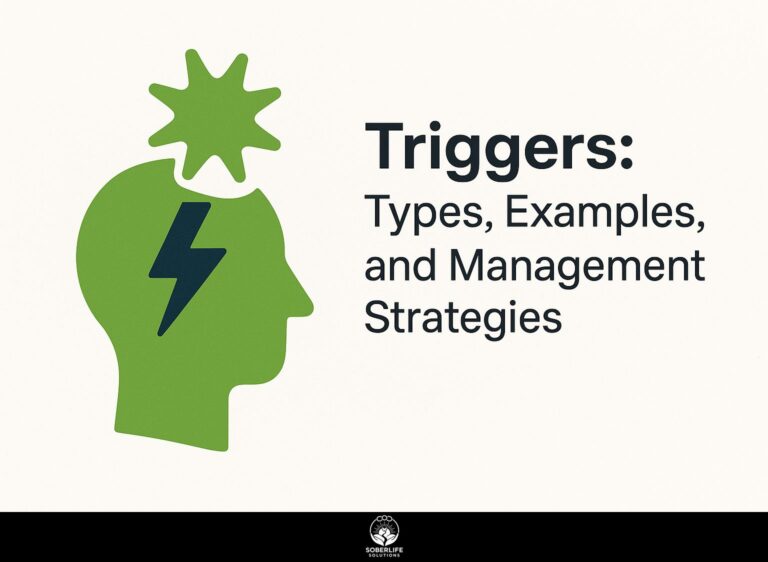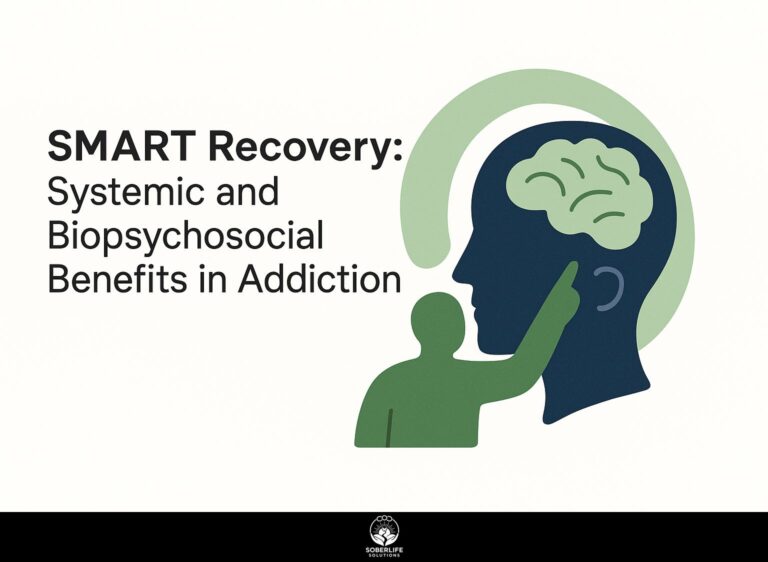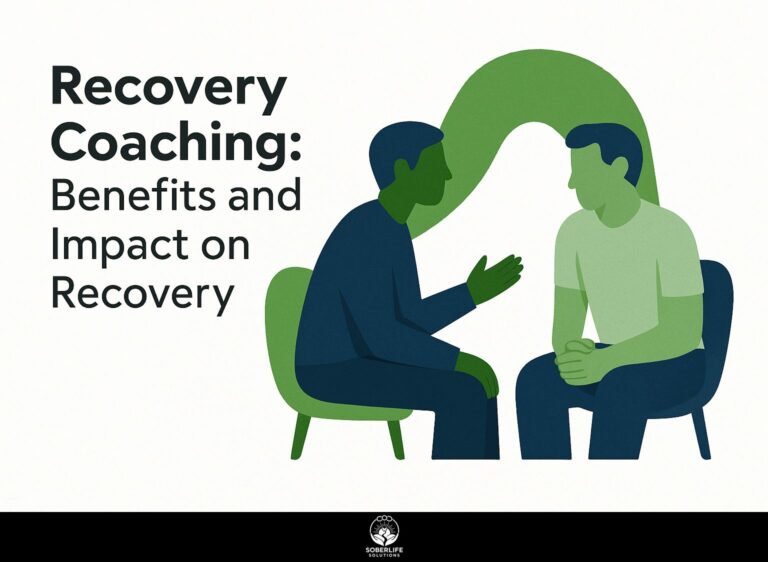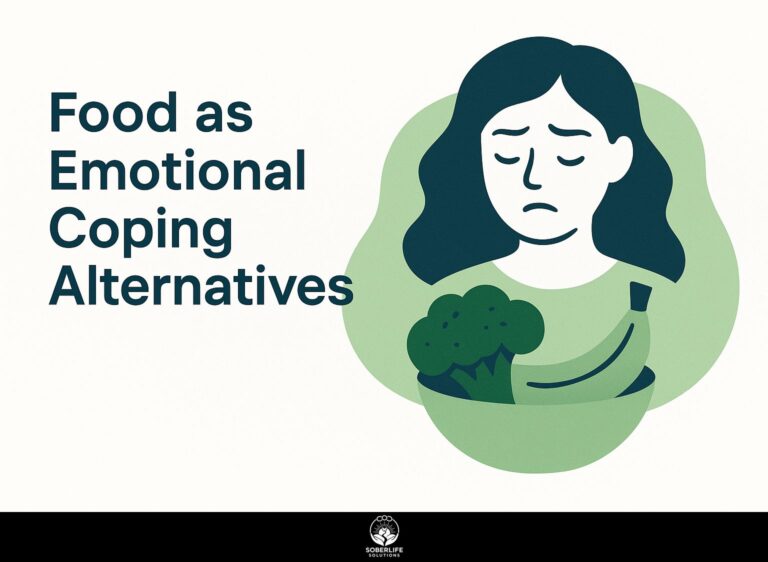Peer Support Networks: Importance for Recovery
Support from others going through similar experiences is important for people recovering from substance use problems. These helpful groups improve addiction treatment and support positive mental health results. By sharing personal stories and offering emotional support, peer support helps people feel connected, which can greatly reduce the difficulties of recovery. In this article, we’ll discuss…

